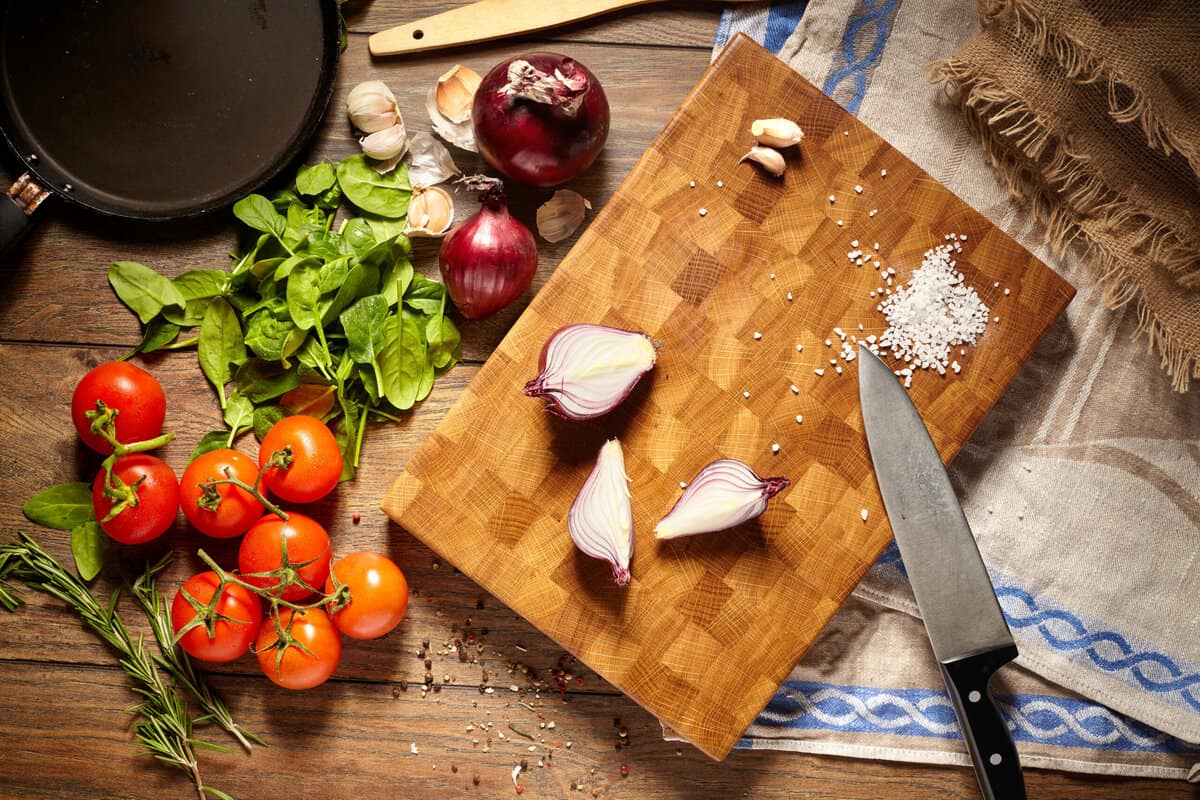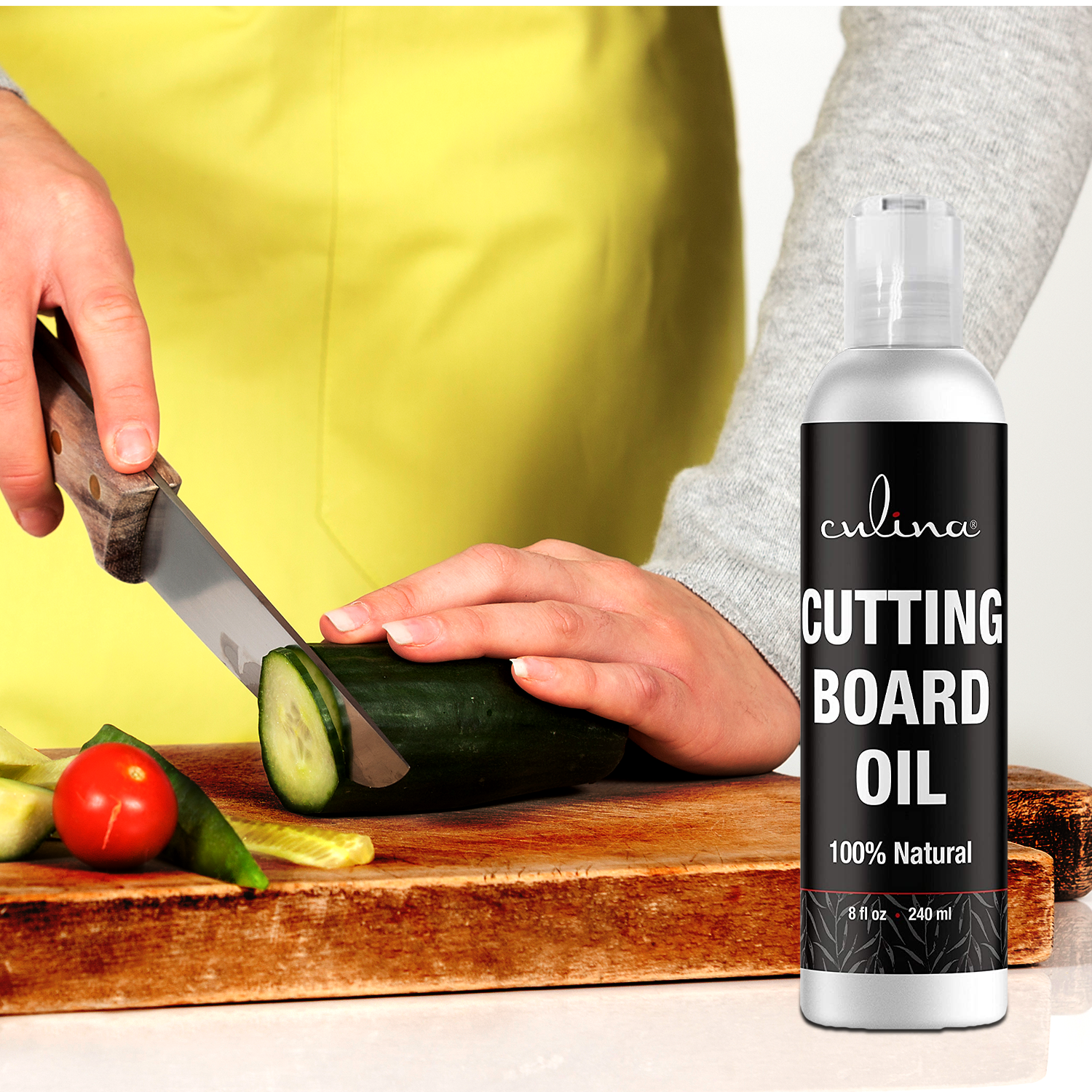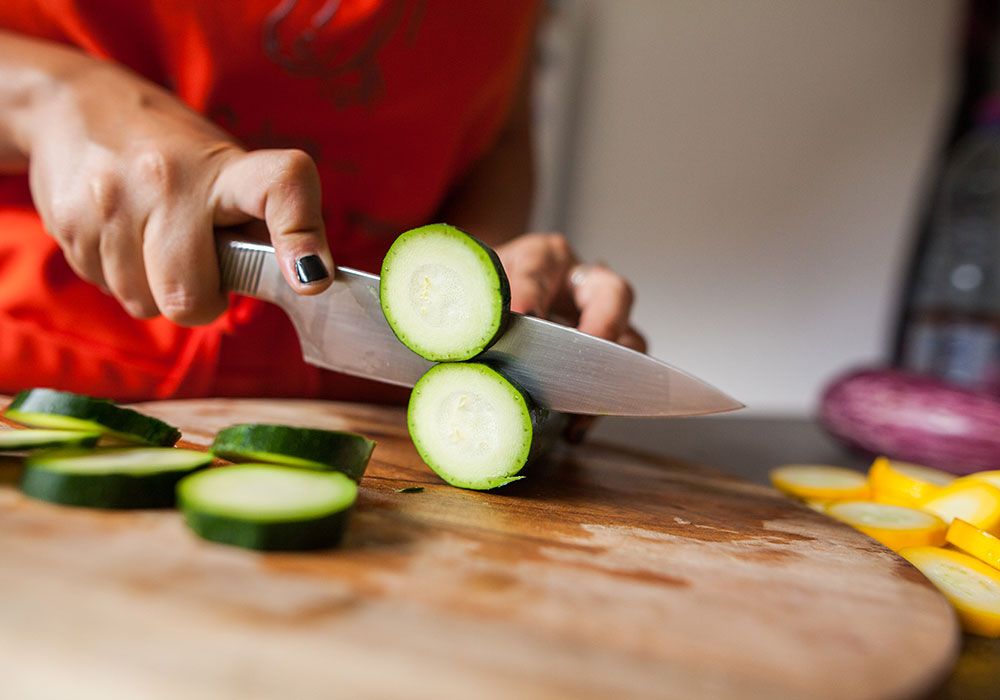A wood cutting board is more than just a kitchen tool; it’s a staple for home chefs and culinary professionals alike. However, one common issue is cracking. This guide provides tremendous tips on how to keep wood cutting board from cracking.
Wooden cutting boards are popular for their durability and aesthetics. Unlike plastic, they are kinder to knives and less prone to bacteria. But they need care to prevent cracking and ensure longevity.

The Problem with Cracking
Cracking not only mars the board’s appearance but also promotes bacterial growth, posing a health risk. So, how can we prevent this?
Choosing the Right Wood
Start by selecting a high-quality wood. Woods like maple, walnut, and cherry are dense and less likely to crack.

Seasoning Your Board
Seasoning involves applying food-grade mineral oil to the board. This process helps to fill tiny cracks and prevent dryness.
How to Season a Cutting Board
1. Clean your board thoroughly.
2. Apply a generous coat of mineral oil.
3. Let it soak for a few hours or overnight.
4. Wipe off any excess oil.
Repeat this process monthly.

Regular Maintenance
Regular maintenance is crucial for preventing cracks.
Cleaning
Use mild soap and warm water; never immerse your board in water. For deep cleaning, try these tips.
Drying
Always dry your cutting board immediately after washing it. Standing water can lead to cracks.
Avoiding Extremes
Temperature
Keep your board away from extreme temperatures. Avoid placing it in the dishwasher or near heat sources.
Humidity
High humidity levels can cause the board to warp and crack. Store it in a dry place.
Preventing Physical Damage
Using cutting boards for their intended purpose can prevent cracks. Avoid using it as a hot pad or a surface for pounding meat.
Use a Soft Cloth
When cleaning, use a soft cloth instead of abrasive scrubbers to keep the board in top condition.
Special Care Tips
Use Salt and Lemon
For stains and odors, scrub the board with coarse salt and a cut lemon. This also helps to kill bacteria.
Monthly Waxing
After oiling, apply a coat of beeswax. This seals the oil and provides an extra layer of protection.
Professional Restoration
If your board is heavily cracked, consider professional restoration. It might save a beloved piece of your kitchen equipment.
When to Seek Help
If simple home remedies don’t work, it might be time to call in a professional for a thorough fix.
For more on professional care, visit here.
Storage Tips
Store Upright
Store your board upright to allow air circulation and prevent moisture buildup.
Avoid vs Dry Areas
Keep it away from dry areas like windowsills where direct sunlight can dry it out.
FAQs
How often should I oil my wooden cutting board?
Oil it once a month.
Can I use olive oil for seasoning?
It’s best to use food-grade mineral oil.
What should I do if my board cracks?
Try to seal minor cracks with mineral oil or contact a professional for major repairs.
For additional tips, check here.
As an Amazon Associate, I earn from qualifying purchases.


